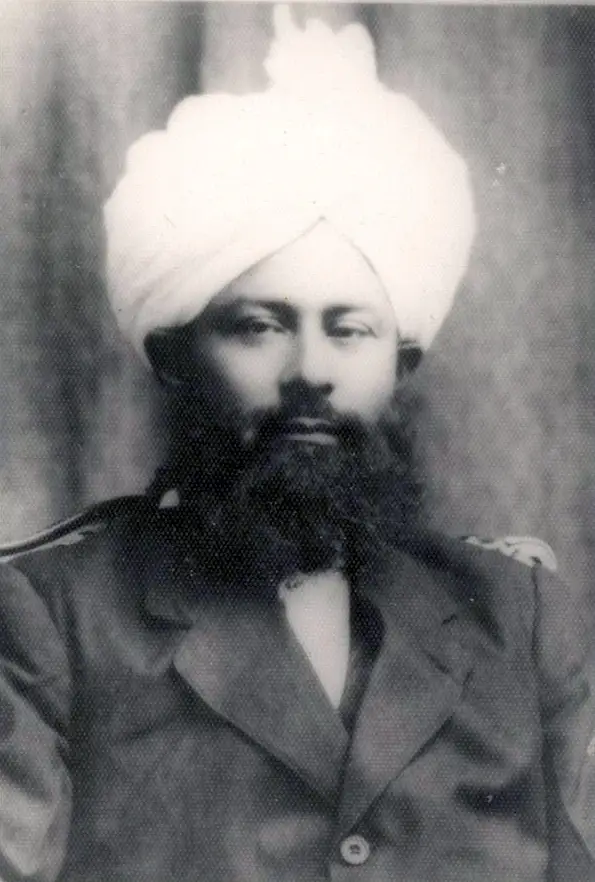Da’watul-Ameer (Invitation to Ahmadiyyat) was written in 1926, specifically addressing the Amir of Afghanistan, Amanullah Khan, who ordered the execution by stoning of three Afghan Ahmadi Muslims a couple of years earlier. Such atrocities underscored the need to refute the false allegations and misconceptions that the orthodox clergy had been circulating about the Ahmadiyya Muslim Community. The purpose of the book, therefore, was to provide the King an authentic explanation of the beliefs, doctrines, and purpose of the Community, as well as the strong foundation upon which it stands. Although the specific events and the original book are now relics of the past, the book lives on as a general primer of the Ahmadiyya Muslim Community’s doctrinal beliefs.
Da’watul-Ameer elaborates upon the fulfilment of the prophecies made by the Holy Prophet Muhammad(sa) which are documented in the Holy Quran and the Ahadith, highlighting their true essence and import. It presents an exposition of the claims of the Founder of the Ahmadiyya Muslim Community, Hazrat Mirza Ghulam Ahmad(as) of Qadian, and details the reasons in their support. It goes on to establish, on the basis of the Holy Quran and the Ahadith, that the Promised Messiah and Mahdi who was prophesied to appear in the Latter Days had been fulfilled in the person of Hazrat Mirza Ghulam Ahmad(as), and emphasises that humankind’s salvation lies in accepting and following him.

